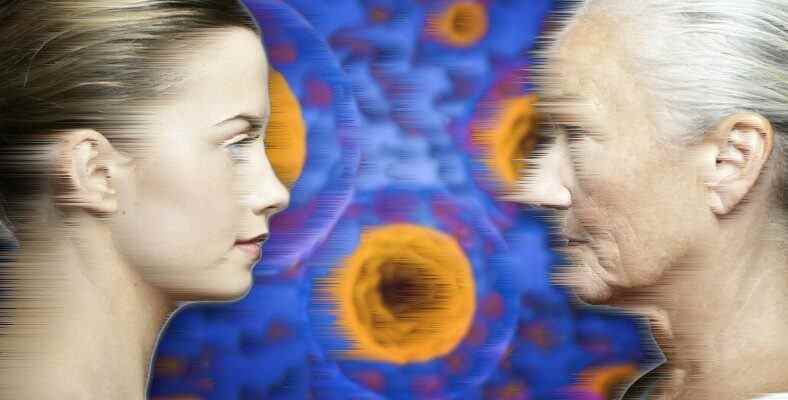Scientists from the United Kingdom have revealed in their new study that the bacteria in the stool can reverse the effect of aging. The effects of aging were reduced when bacteria from young mice were transferred to older mice.
While studies continue at full speed in order to prevent aging in the scientific world, a new discovery has recently been made. Research published last week by scientists from the Quadram Institute, the University of London Academy and the University of East Anglia, found that the effect of aging in mice was ‘with the feces of young mice‘ revealed that it was turned down.
In their study, scientists found that by transplanting fecal microbes from young mice to old mice, important signs of aging in the intestines, eyes, brain and body. has been reversed observed. However, the opposite effect was also seen when the microbes were transferred to younger mice. The effects of aging were accelerated in younger mice who ingested the microbe in the feces of older mice.
A new treatment method may emerge in the future
According to the scientists’ statement, the new study reveals age-related changes in the gut microbiota in mice. contributes to the effects of aging revealed. However, the study also offered insight for treatments such as rejuvenating gut microbes.
Of course, before this study was transferred to humans, the effect on mice was including how permanent it is works will be carried out. In addition, it will be tried to learn which intestinal microbes strengthen this effect. With the completion of these studies, the said study can also be started on humans.
RELATED NEWS
From the drugs we use to the fruits and vegetables on our table, the branch of science that shapes: What is Biotechnology?
Source :
https://www.sciencealert.com/transplanting-poo-from-a-younger-mouse-could-help-stave-off-the-effects-of-aging
